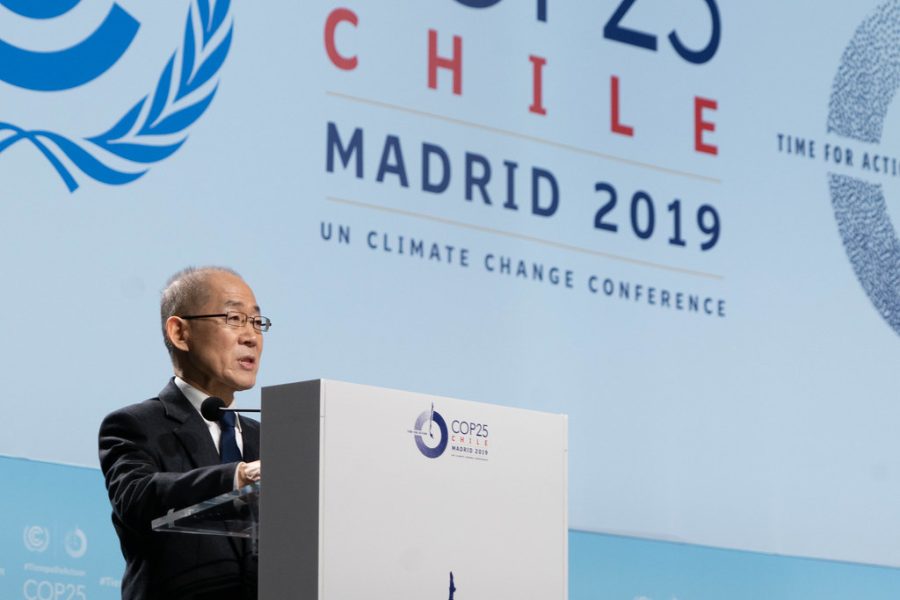IPCC’s Sixth Climate Change Report: What You Should Know
Image from flickr.com
May 3, 2022
The Intergovernmental Panel on Climate Change, or the IPCC, is a branch of the United Nations that studies human impact on the global climate. The IPCC published their sixth report in March 2022. This sixth rendition of the report covered topics seen before, such as climate change causing wildfires and droughts. The IPCC’s sixth report takes information from over 34,000 worldwide studies for climate change, providing an extremely comprehensive report for all countries to take into account.
Wildfires, droughts, floods, and severe storms have directly linked as effects of climate change. Over 20 million people globally have been directly affected by devastating floods and storms caused by climate change since 2008. Due to droughts, half the global population faces water insecurity during at least one month of the year. These figures could only worsen if plans aren’t adapted accordingly.
The current plans most countries have in place around climate change do not suffice the Paris Climate Agreement, United Nations goal, and limit to stay 1.5 celsius above pre-industrial levels, and no higher. Recent findings have uncovered that many glaciers around the world will inevitably melt, even at 1.5 celsius above pre-industrial levels. Over 900 million people worldwide are expected to face consequences of climate change including droughts, food shortages, extreme heat, wildfires, and many more. Our current climate measures are projected to overshoot the UN and Paris Climate Agreement’s goal by an unknown amount.
The most recent IPCC report displays only 24 countries that have followed their carbon emission plans and reported a reduced carbon output. These statistics only worsen the chances of the United Nation’s projection and goal for 1.5 celsius above pre-industrial levels maximum.
Many of these consequences caused by climate change are not only catastrophic, but some are also irreversible. The actions we are making now may affect every generation past ours, and will decrease the quality of life for the future population. Although these renewable alternatives that are strongly recommended such as solar power or wind turbines are much more expensive than fossil fuels, the benefits of the long term impact visibly outweigh the higher costs.













